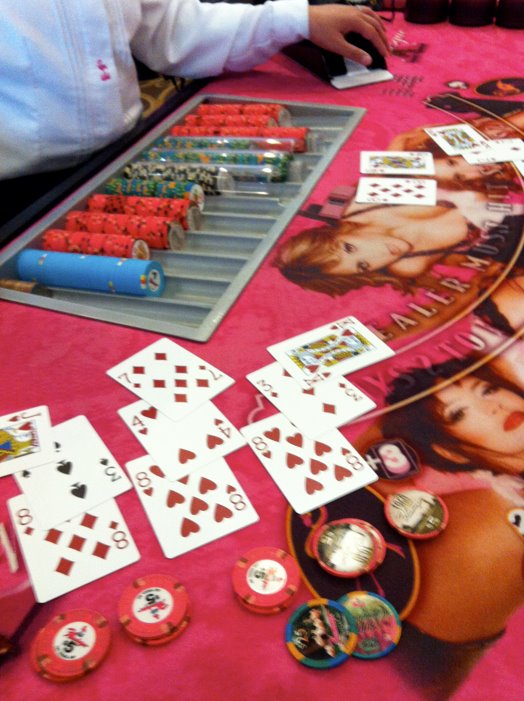The journey of card games from ancient China to modern virtual casinos showcases their enduring appeal and adaptability. As they continue to evolve, these games remain a testament to human ingenuity and our love for challenge and chance.
Casino card games – a history of change

The history of card games and their integration into casinos is a rich tapestry that spans centuries and continents. Here’s an overview of their evolution:
🃏 Origins of Playing Cards
Playing cards are believed to have originated in China during the Tang dynasty around the 9th century AD. These early cards were narrow slips of paper, essentially dominoes with dots, reflecting the twenty-one combinations possible with the throw of two dice. From China, the concept of playing cards spread to India and Persia, eventually reaching Europe through Egypt during the Mamluk era.
In Europe, the French developed the suit system of spades, hearts, clubs, and diamonds in the 15th century, which became the standard in many parts of the world.
♠️ Blackjack: From Vingt-et-Un to Casino Staple
Blackjack’s roots trace back to 18th-century France, where it was known as “Vingt-et-Un” (Twenty-One). The game spread to Britain and later to the United States, where it evolved into its modern form. In early American casinos, a special bet that paid extra if the player’s hand included the ace of spades and a black jack (either the jack of clubs or spades) led to the game’s current name, “Blackjack.”
♣️ Poker: From Riverboats to Global Phenomenon
Poker’s exact origins are debated, but it gained popularity in the United States during the early 19th century. The game spread up the Mississippi River on riverboats, where gamblers refined its rules into a 52-card deck format. During the Civil War, soldiers played poker to pass the time, introducing the game to new regions and solidifying its place in American culture.
The World Series of Poker, established in the 1970s, propelled poker into the mainstream, attracting players from all walks of life and turning it into a spectator sport.
🏛️ Legalization and the Rise of Casinos
In 1931, Nevada legalized gambling to combat the economic downturn of the Great Depression. This move transformed Las Vegas into a gambling haven, with casinos offering games like blackjack and poker in regulated environments.
🌐 The Digital Age and Online Gaming
The advent of the internet brought about online casinos, allowing players to enjoy card games from the comfort of their homes. Platforms began offering virtual versions of traditional games, and live dealer experiences bridged the gap between online and in-person play.
Streaming services like Twitch have further popularized poker, turning it into a global spectator sport and introducing it to new audiences.
🔮 The Future: Virtual Reality and Beyond
As technology continues to advance, virtual reality (VR) is poised to revolutionize the casino experience. VR poker rooms and immersive gaming environments are on the horizon, promising to blend the thrill of traditional casinos with cutting-edge technology.
The journey of card games from ancient China to modern virtual casinos showcases their enduring appeal and adaptability. As they continue to evolve, these games remain a testament to human ingenuity and our love for challenge and chance.








